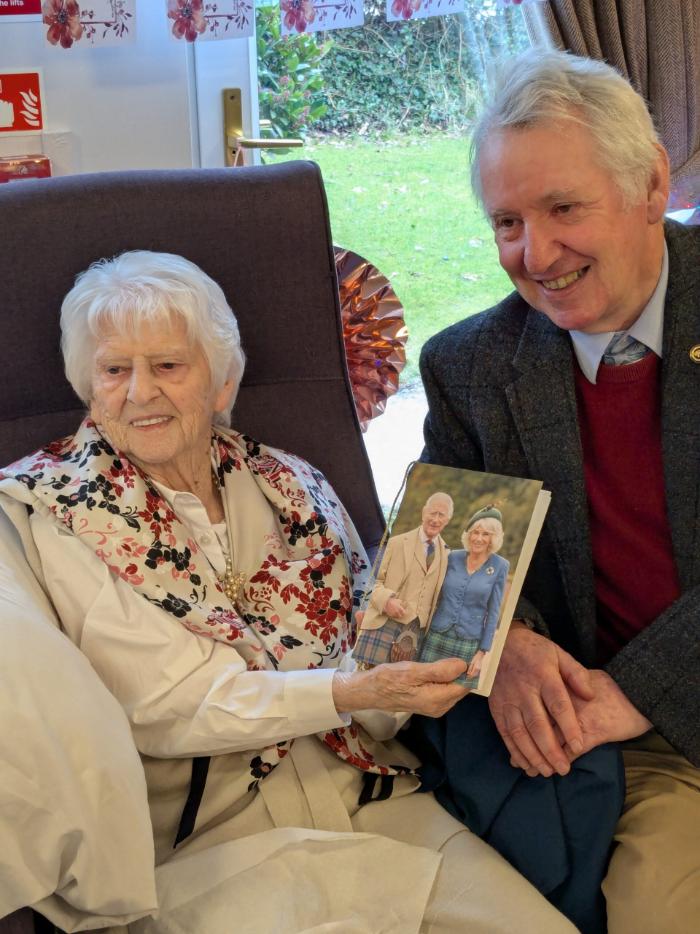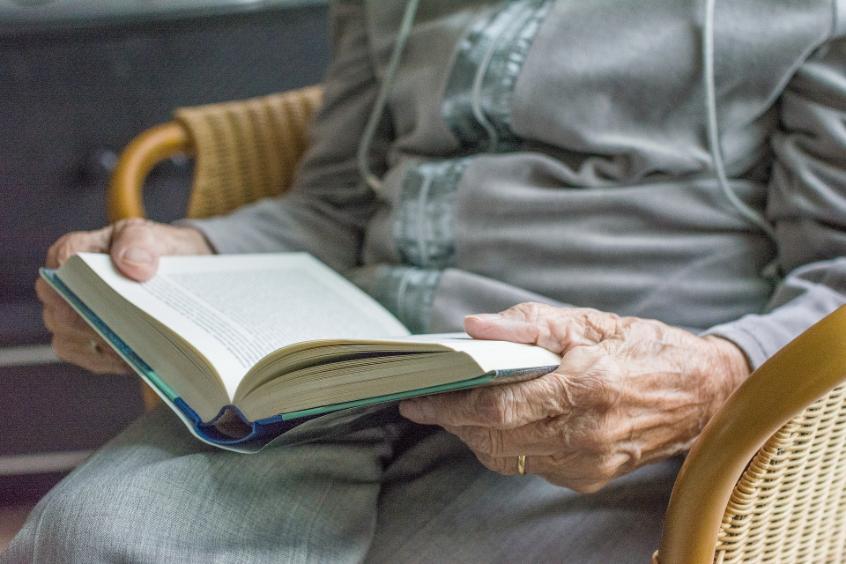How to Get an Elderly Person Into a Care Home
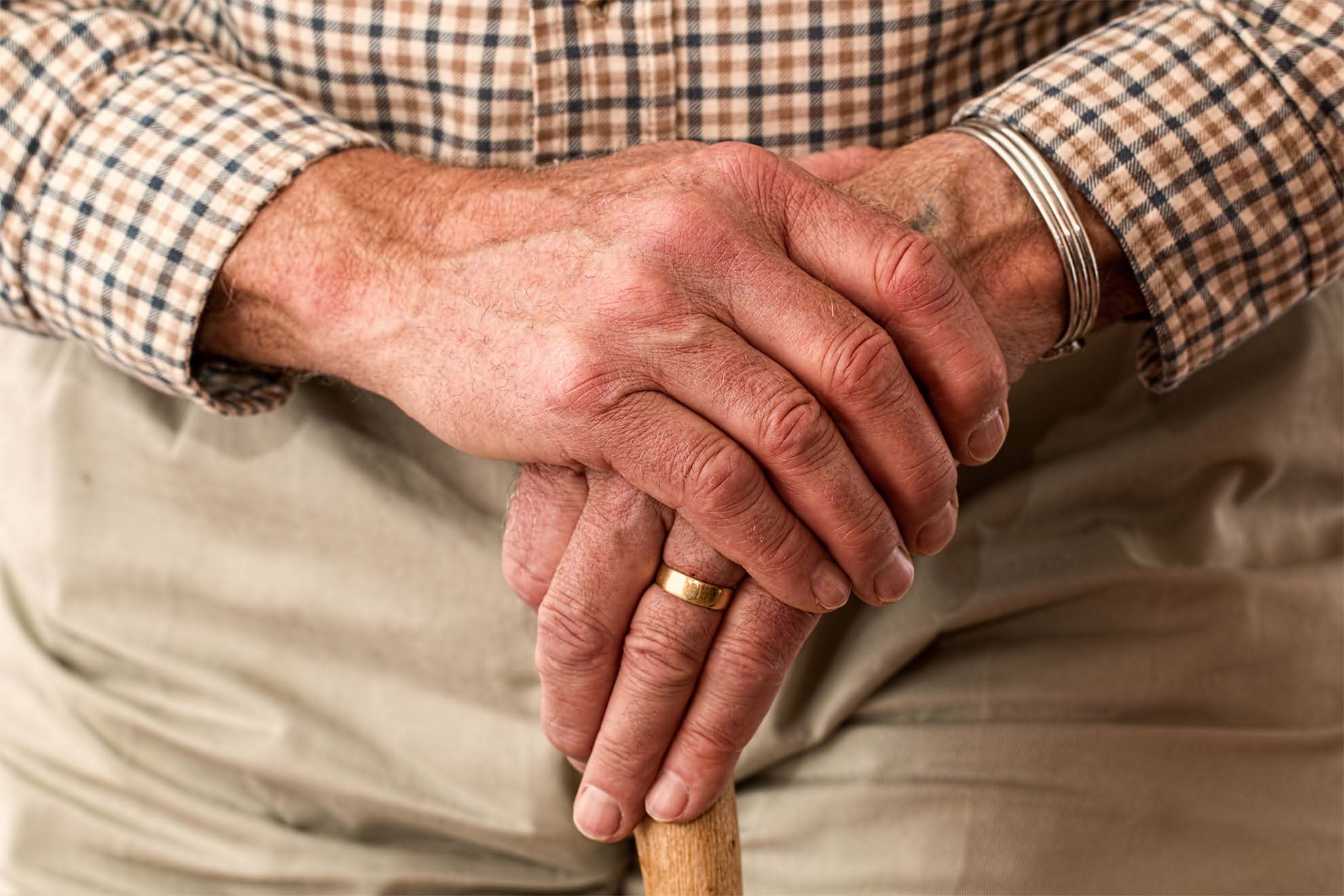
As we age, it is common for people to require additional help and assistance with their daily routines and personal care. Some people receive care and support from their family and friends in their own homes. However, living in your own home may not be practical due to the mobility aids needed, safety issues and insufficient care which can lead to a decline in overall health and well-being. This leaves family members wondering how to get their elderly loved one into a care home as well as many other concerns.
Moving into a care home may be the best option for older people as they can get the high-quality care and support they need daily while they no longer have the stress of upkeeping a household. We understand that transitioning into a care home or nursing home can be a stressful time for not only the elderly person who needs care but also their loved ones. Below are some factors to consider to help make the transition into a care home as stress-free as possible.

Involve Your Loved One in The Conversation
To reduce any anxiety or uncertainty, you must allow your loved one to be involved in the decision-making process as much as possible. This will allow them to feel like they are taking control in what could be considered a difficult time in their life. Once your loved one feels a little more comfortable with the thought of moving into a care home, book some appointments to see some local care homes so they can get a feel for it and see what it offers as well as meet some of the care staff to help you find the right home.
This also gives a person the opportunity for them to ask questions about their concerns if they have the mental capacity to do so. If your family member has dementia, it would be wise to acquire lasting power of attorney so that you can make decisions on their behalf, such as moving them into a care home if you believe it's what's best for them.
Discuss The Benefits
Moving into a care home can be considered a negative change or 'last resort' when it isn't. A lot of elderly people are worried that they will struggle to maintain a household when living independently or continue with their hobbies, so you should explain to your loved one the benefits. Benefits include having a professional carer on-site to provide care and support on a 24-hour basis, living in an environment designed to be safe for older people and being surrounded by older individuals which provides social opportunities. Talking about a move into a residential care home or nursing home well in advance can give family members time to mentally prepare for moving into a care home and when it becomes the right time, they will feel more comfortable and prepared during moving day.
Research Care Homes In Your Local Area
It is important to find a care home that not only meets the needs of the individual but is also the right environment and has facilities where they can pursue their interests. Once you have decided on a location, you should choose a handful of care homes that you'd like to visit as the first step. Each care homes' care and facilities will differ, so it is important to make sure that you choose one that offers the correct care type for your loved one. You can also look at the care home's latest inspection report which will give you a better understanding of what the care home is like from a resident and professional body point of view and ultimately, whether it's a good care home. When visiting a residential home, you should consider asking what kind of food is available, what activities they provide, and examples of the day trips they go on and if they are close to local shops.
Understand Your Relative's Care Needs
You must understand what type of care an individual needs and this can be done by carrying out an assessment. You should consider several things, such as their mobility, personal care, physical health and their mental capacity to establish the most suitable type of care for your loved one. To help you know the level of care they'll need, you should speak to social services who can carry out a care needs assessment. That way when you speak to a care home manager, you can understand more about what each care type offers and agree on a suitable care approach.
Consider The Care Home Costs
It is commonly known that care homes, residential homes and nursing homes can be costly, so it is vital to consider the care home cost to decipher how the care will be paid for. If a person is unable to fund the care themselves due to insufficient income and assets, individuals may be eligible for financial help from a local authority following a financial assessment. If the individual has complex healthcare needs that require full-time nursing care with a qualified nurse on site, they may be eligible for Complex Clinical Care Funding (previously known as NHS Continuing Healthcare Funding). An individual's care home fees can also be paid for by a combination of sources, such as local authority funding and self-funding. It is important to point out that fees will likely increase every year depending on the cost of living, you should discuss the payment structure with the care home beforehand.
Seek Advice From Healthcare Professionals
If you feel unsure or confused about whether moving into a care home is the right decision for your family member, you can find answers to your questions or concerns from several resources including your local council, contacting management at a local care home or through online sources such as Age UK or Carehome.co.uk.
Health professionals can offer emotional support and practical advice for managing the transition into a care home, which can be a challenging and emotional experience for both you and your loved one. They can also provide information on community resources and support services that may be available to the family during this time. This will give you a better understanding of what to expect for peace of mind.
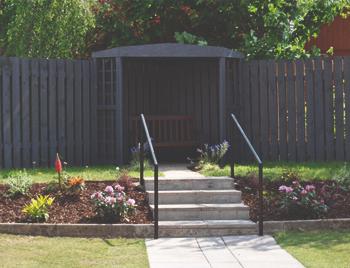
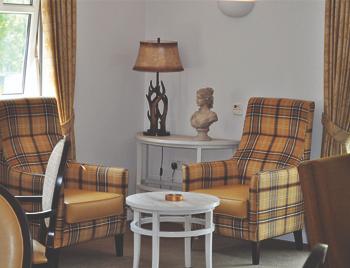
Providing Outstanding Care at Etive House Care Home
Etive House Care Home in Oban provides 24-hour Residential Care, Dementia Care, and Respite Care care services for older people. Positioned in the beautiful town of Oban, Etive House offers picturesque views of rolling hills and an array of in-house facilities for residents to pursue their hobbies. The highly-skilled, loving team at Etive House provides person-centred care and strives to cater to the unique needs of every resident. We continually assess residents' health and care needs to ensure seamless continuity of care.
Etive House Care Home is pleased to offer a wide range of facilities for residents to utilise on a regular basis, including a hairdressing and nail salon, landscaped gardens, a cinema room and a varied activities programme to name a few. Our Activities Coordinators get to know residents in order to provide activities that meet their hobbies and interests. We want our residents to continue doing the things they love for as long as possible and we support them no matter what.
Chat With Our Helpful Staff
Knowing when it's the right time to move a loved one into a care home can be an overwhelming and stressful time in someone's life. The Etive House team is available to provide support and answer any questions for peace of mind when moving to your new home. To get in touch with our friendly team, please call 01631 720278 or email admin@etivehousecare.com and a staff member will gladly assist you.

